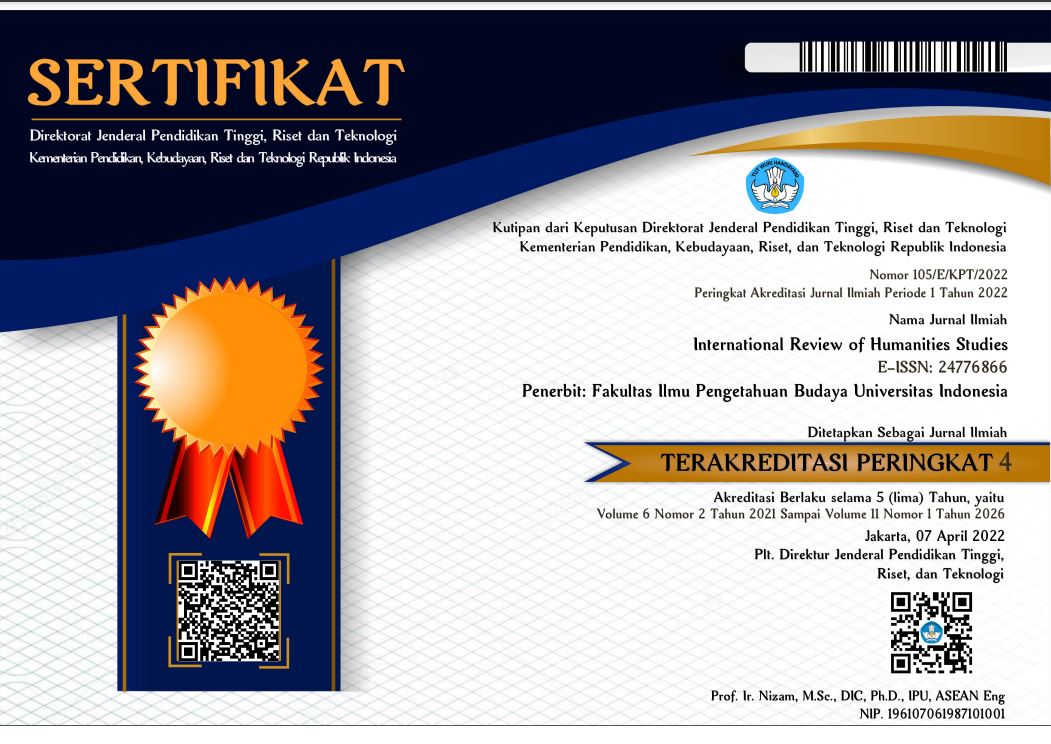International Review of Humanities Studies

Abstract
The formation of national identity by the Lao government has been unsuccessful due to globalization since 2000. The Lao government realized this and decided to shift its focus to the economic dimension as a means to unite the Lao people. In the 2000s, the West had a major influence on Laos representation, but after the 2008 economic crisis in the United States, Laos prioritize the trade with China and South Korea. As the global economic environment changed, Laos needed to attract the attention of Asian tourists. In this situation, re-orientalism becomes a cultural strategy exclusive to Asian countries. Simultaneously, re-orientalism shows a shift in the nature of Laos' national identity; from essentialism to pragmatism. As the study case, the 2020 Laos national tourism video shows that re-orientalism emphasizes primitive images and simple pleasures to reproduce a common representation of Laos as a spiritual and asexual Beautiful Buddha country. Each of these re-orientalism tools, directly and indirectly, affects the economic benefits of Laos.
Recommended Citation
Yeonkyung, Lee
(2021)
"LAOS NATIONAL IDENTITY CHANGE IN PERSPECTIVE OF RE-ORIENTALISM: A CASE STUDY OF THE 2020 LAOS NATIONAL TOURISM VIDEO,"
International Review of Humanities Studies: Vol. 6:
No.
1, Article 4.
Available at:
https://scholarhub.ui.ac.id/irhs/vol6/iss1/4


